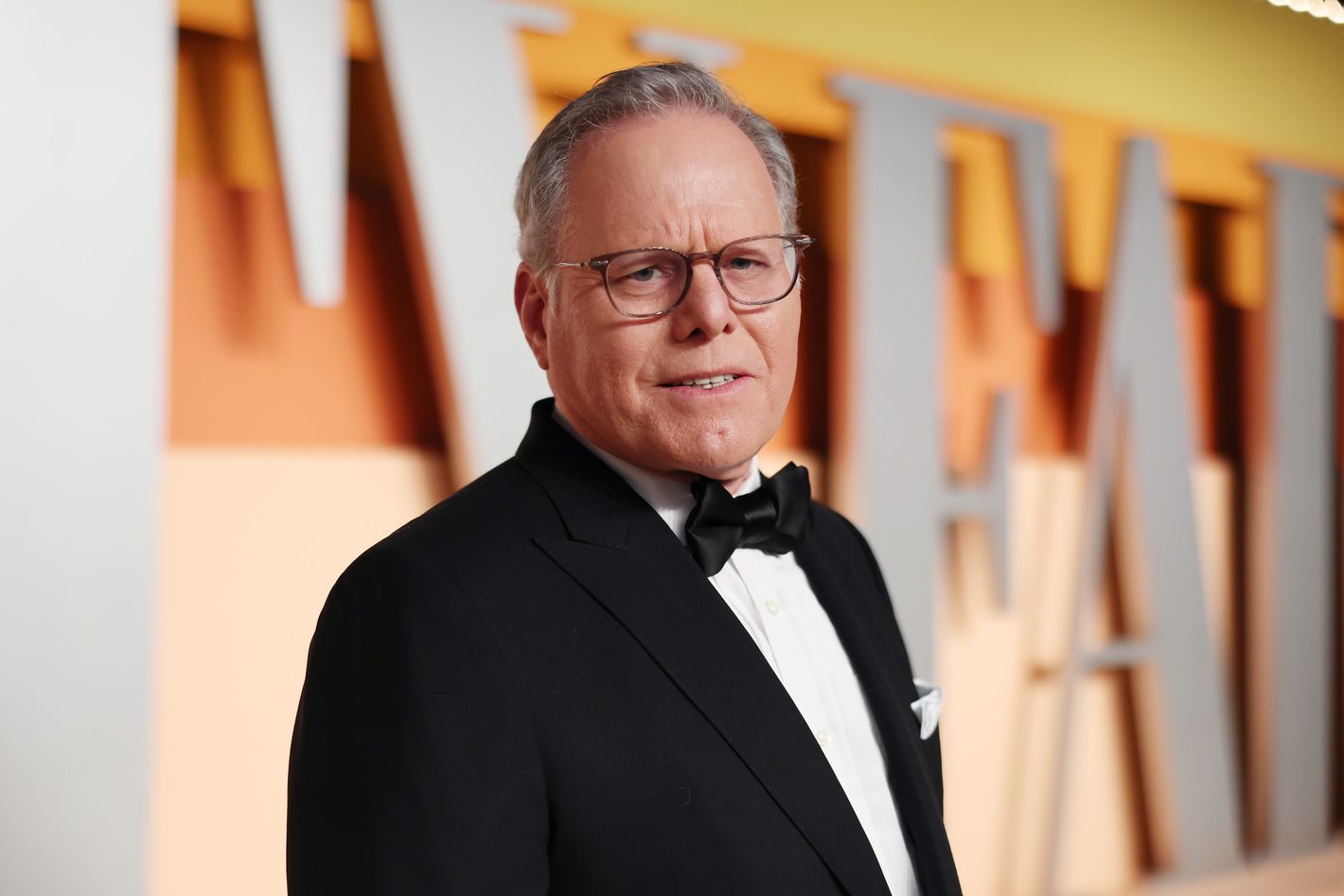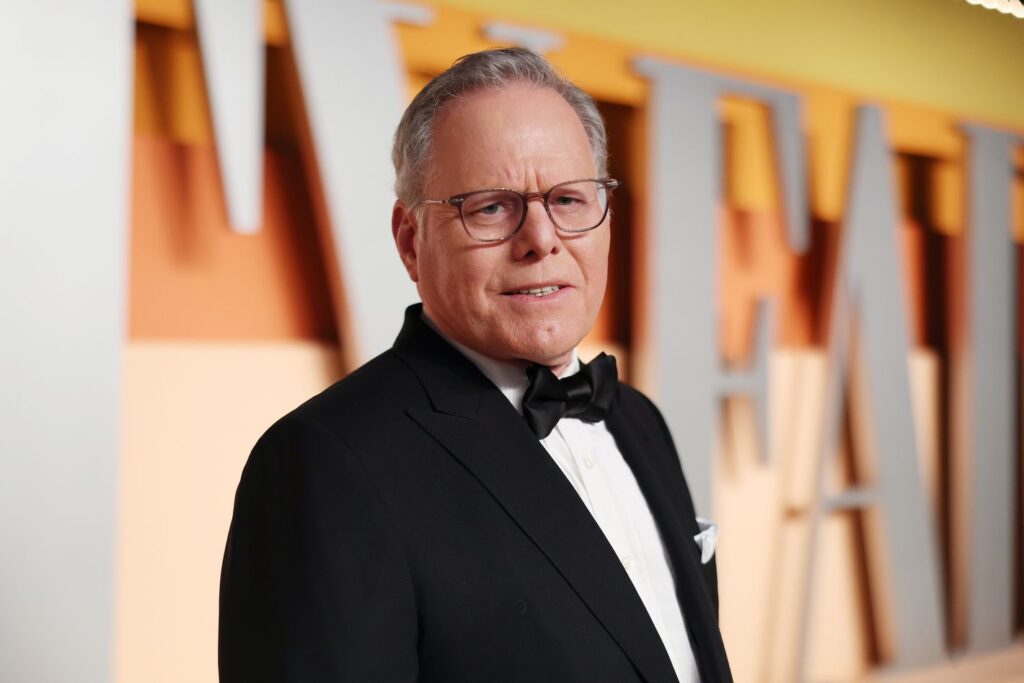
Warner Bros. Discovery — the toddler-age, debt-laden corporate entity that controls HBO, CNN, Warner Bros. movies, the Discovery stuff, and the streaming identity crisis known as (HBO) Max — is splitting up the business. CEO David Zaslav has turned his eye to his own merged company and decided that, actually, it was time to break it up again. The future of “Warner Bros. Discovery” will look a little bit like the individual Warner Bros. and Discovery entities of yore and a lot more like Comcast’s recent spinoff of its NBCUniversal portfolio, another conglomerate that needed to offload declining businesses. The death of WBD will birth two new companies, one of which will focus on streaming and content production, while the other will house most of WBD’s traditional television properties.
It’ll break down like this: Zaslav will lead as CEO a new so-called “Streaming & Studios” company made up of WB Television; WB Motion Picture Group; DC Studios; HBO and HBO Max (including its international sports offering); WB Games; WB’s tours, retail, and experiences business; and production facilities in Burbank and Leavesden. The current CFO of WBD, Gunnar Wiedenfels, will lead a new “Global Networks” company that includes WBD’s sports and news television brands like CNN, TNT Sports in the U.S., and Discovery; European free-to-air channels across Europe; and digital operations like Bleacher Report and the Discovery+ streamer. The split will be a tax-free transaction, and both “Streaming & Studios” and “Global Networks” (placeholder names, we have been assured) will live on as publicly traded entities.
The rationale behind all of this? “By operating as two distinct and optimized companies in the future, we are empowering these iconic brands with the sharper focus and strategic flexibility they need to compete most effectively in today’s evolving media landscape,” Zaslav said. What this means for much of the Discovery+, CNN, sports, and other content that currently lives on the combined Max platform (due to un-rebranding itself back to “HBO Max” this summer) wasn’t immediately clear.
The decision comes less than a month after Zaslav et al. ditched the “Max” branding for the company’s flagship streaming service and less than a week after WBD shareholders rejected the embattled CEO’s pay package of more than $50 million in a symbolic (but nonbinding) vote. In 2024, while the stock of competitors like Netflix and Disney grew by 80 and 24 percent, respectively, WBD’s dropped by 7 percent. Since the WBD merger was announced, Zaslav’s name has become synonymous in Hollywood with bean counting, cost cutting, and brand annihilation.
In this latest move, Zaslav’s pulled from the playbook of Comcast, which spun its TV assets into a company called SpinCo, later renamed to Versant. That company also beat a deliberate retreat from broadcast news and traditional cable channels, with MSNBC, CNBC, and channels like USA, Oxygen, E!, and SYFY going to Versant, while Comcast retained its streaming business Peacock, the reality-TV money printer named Bravo, Universal Studios, and its theme parks. By retreating from news and cable, CNN’s own media analyst Brian Stelter wrote this morning that “Zaslav is offering shareholders a way to invest in the growing HBO Max part of the business without exposure to cable.” Declining linear viewership and news operations the president hates? Zaslav’s betting that once WBD’s breakup is completed in mid-2026, he won’t have to worry about them anymore.
more on the industry
- Zaslav’s Retreat
- Max Is Changing Its Name to (Get This!) HBO Max
- Welcome to SpinCo
- A Tale of Two Kingdoms
Good-bye, Warner Bros. Discovery. Hello, two other things.

































































